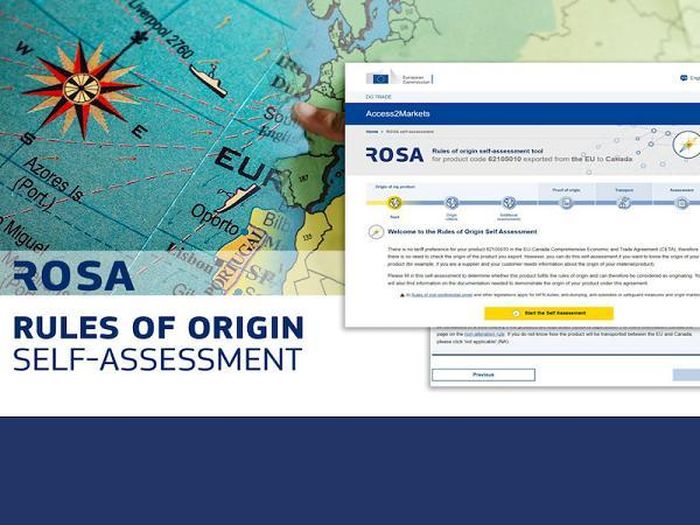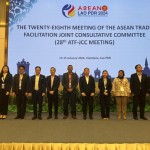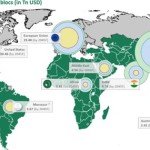Total number of posts 463.
The Vietnam Trade Office in Sweden said that in the coming time, all free trade agreements will gradually be translated into all languages of the EU.
ROSA has been completely renewed with a new interface and simple questions that will help businesses carry out the process of assessing the origin of their products in just a few clicks. The tool has been further streamlined to display only information that is relevant to the product.

What does ROSA mean?
The Rules of Origin Self-Assessment Tool (ROSA) guides businesses on the rules of origin that apply to their products in a specific Trade Agreement, with simple questions to carry out a self-assessment to determine if their products comply with those rules and therefore may qualify for priority on tariffs or not. Clear explanations, examples and links to relevant legal documents are available throughout the tool.
ROSA also has clear guidelines on the documentation required as proof of origin to enjoy tariff preferences.
To access ROSA, offer to visit My Trade Assistant and enter your products, export and import countries, and when you receive the results, you can click on Rules of Origin Self-Assessment (ROSA) in the left menu to access the tool.
Note to businesses
According to the Rules of Origin in the Free Trade Agreement between Vietnam and the European Union, the EVFTA stipulates 3 methods to determine the origin of a good, including: (i) goods of pure origin; (ii) substantially processed or processed goods; and (iii) item-specific rules (PSRs).
In addition, the aggregation rule allows Vietnam and EU countries to consider raw materials of one or more other member states as their own raw materials when using those materials to produce a good originating in EVFTA.
In the EVFTA, the Rules of Origin are used for the purpose of determining whether goods are eligible for EVFTA tariff preferences. Therefore, enterprises that want to enjoy important tax incentives EVFTA when exporting goods to Germany or importing goods from Germany to Vietnam need to pay attention to research and meet the Rules of Origin related to their goods.
Basically, the Rules of Origin in EVFTA have many similarities with the GSP Rules of Origin, so it will not surprise businesses that have met GSP when exporting to the German market. However, the Rules of Origin of EVFTA still have some other points, some are more flexible in application, so businesses need to carefully study each content to meet correctly and fully.
Note that the satisfaction of the Rules of Origin must be done from the beginning (for example, from selecting the source of raw materials, collecting certificates of origin of raw materials, storing proof documents...), so enterprises must pay attention to this issue early to arrange the supply of the production process to be met, It should not be left until the time of export/import to find out.














